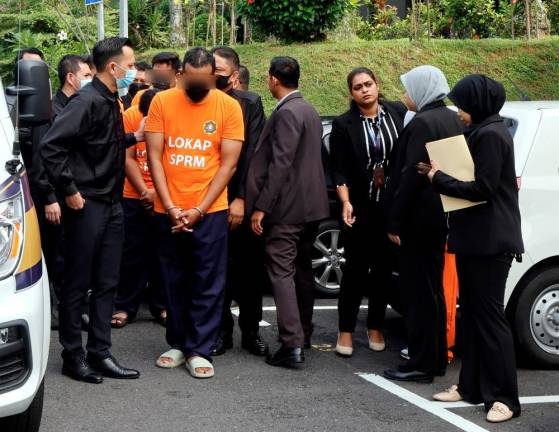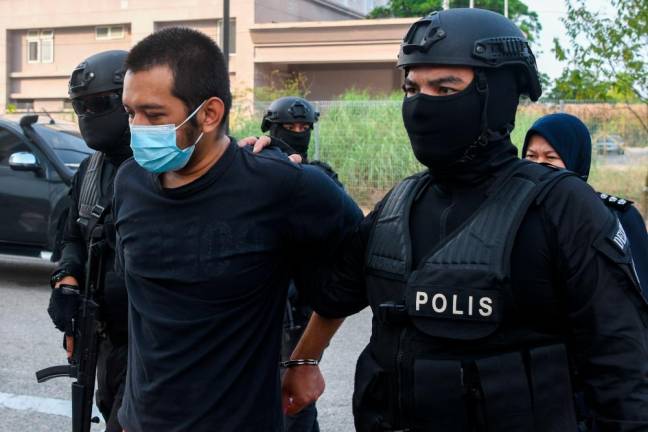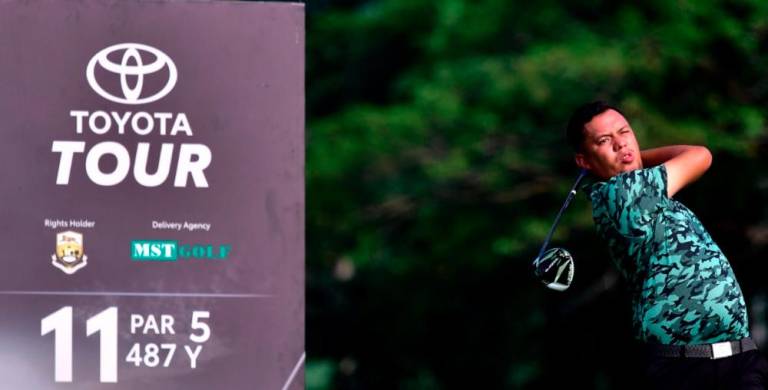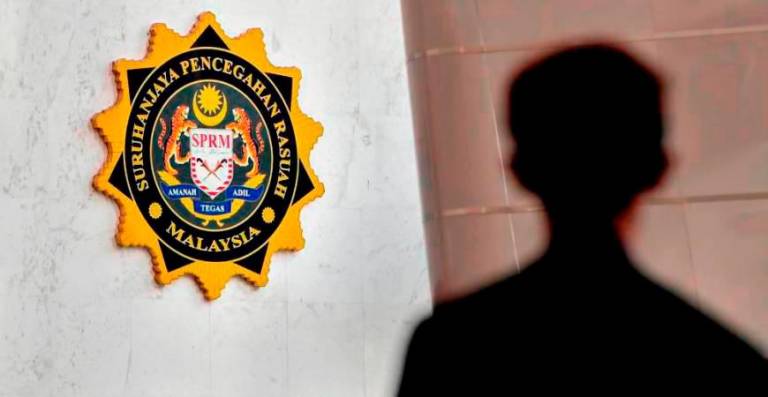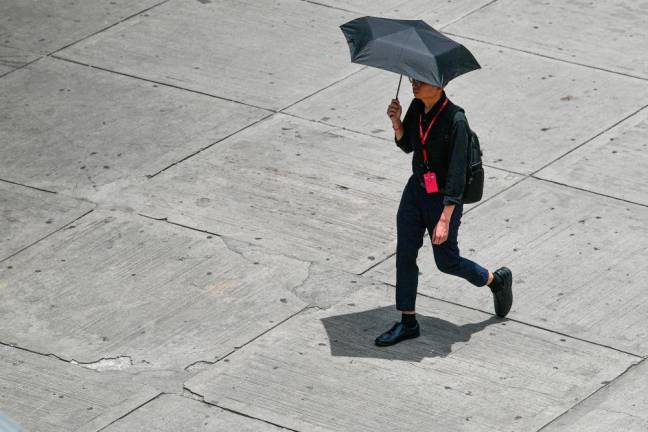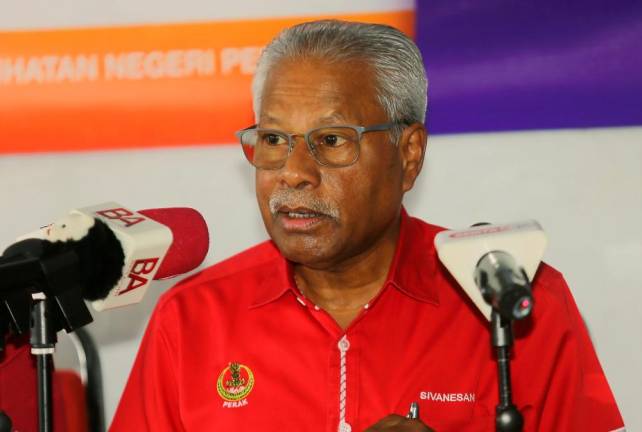WE are missing one essential weapon in the battle against Covid-19, and our failure to develop this weapon is largely responsible for the second and third waves of the virus.
There is a strong frontline in the hospitals comprising health service personnel who are treating casualties of this battle and efficiently putting them back on their feet.
But who’s guarding the back?
Who is watching everyone in every location to see that nobody violates the standard operating procedures (SOPs)?
Our missing weapon is the absence of a nationwide all-embracing web of neighbourhood committees.
Malaysia’s three-tier structure of government is deficient in that there is governance at three levels only – federal, state, and local (meaning your city hall administrators).
There is no fourth tier of neighbourhood governance.
Local government supposedly looks after your neighbourhood.
But city councillors and officials work in faraway headquarters and they don’t know anything about your drains, your rubbish, your uncut grass, your potholed roads and your myriad other problems.
They can’t supervise the contractors because it’s an hour or two before they can reach the site.
The three-tier model of governance is a proven failure insofar as neighbourhoods are concerned, and providing bleak testimony of this are the decades-long recurrent complaints published by newspapers about clogged drains, neglected grass patches, unrepaired potholes, piles of litter on walkways, and broken playground equipment.
Not to mention the heavy annual toll of dengue deaths.
Three-tier governance is like a three-wheeled car.
Could a vehicle with one missing wheel take you far?
The alarming surge in Covid-19 cases bears further testimony to the shortcomings of driving on just three wheels.
The SOPs on social distancing and mask wearing have been violated.
Can you pinpoint the exact spots where offences took place during the Recovery Movement Control Order (RMCO) period?
If the nation were organised like a big jigsaw puzzle wherein neighbourhoods are these small pieces fitting together, each with its own governing committee, we then have an early detection system in place.
Such real-time detailed ground knowledge means you can stop a violater in his tracks, if every neighbourhood is run by a neighbourhood committee mandated by law to exercise certain functions such as maintenance and upholding public health measures.
Neighbourhood governance is best carried out by people living in the neighbourhood and not by people up there in the headquarters cloud who only come down to the ground like desert rain.
Humanity thrived for 300,000 years as primitive hunter-gatherer tribes governed by tribal committees that were actually neighbourhood committees with every family represented, as populations were small.
There were no federal, state, or city governments in those ancient days.
For 300,000 years, governance was solely in the hands of neighbourhood committees.
When humanity became civilised about 7,000 years ago and started living in cities, the importance of neighbourhood connectivity was never forgotten.
All religions kept the precept of good neighbourliness alive.
Caring for yourself and your neighbours (including strangers) became the golden rule of human societies all over the civilised world during the early periods of every religion.
The universal practice in scriptural times was that the definition of neighbour included strangers so long as they posed no threat to the community.
Worth quoting is this marvellous verse from the Bible: “The stranger who dwells among you shall be to you as one born among you, and you shall love him as yourself” (Leviticus 19:34).
By casting the net of social bonding far and wide, human societies extended to embrace a multitude of ethnicities.
In the present day, a neighbourhood governing committee with budget derived from the property assessment tax could deploy scouts to observe likely infection spots.
Among the worst offenders during RMCO were many restaurants that packed in customers without spacing out the tables, allowed patrons to walk in without doing MySejahtera scanning and temperature reading at the entrance, and letting diners socialise unmasked.
Another source of infection were nightspots where crowds and drinks mixed without a care.
Neighbourhood scouts could report these offences immediately, with police rushing to shut them temporarily for investigations.
One important selection rule is that all neighbourhood committee members must not be members of any political party to ensure they are immune to politics.
Neighbourhood committees with zero political ties would have no hesitation in calling the police to break up any crowd that violates the SOPs.
Being close to the ground, they would be equipped for rapid preventive action.
The writer champions interfaith harmony. Comments: letters@thesundaily.com










